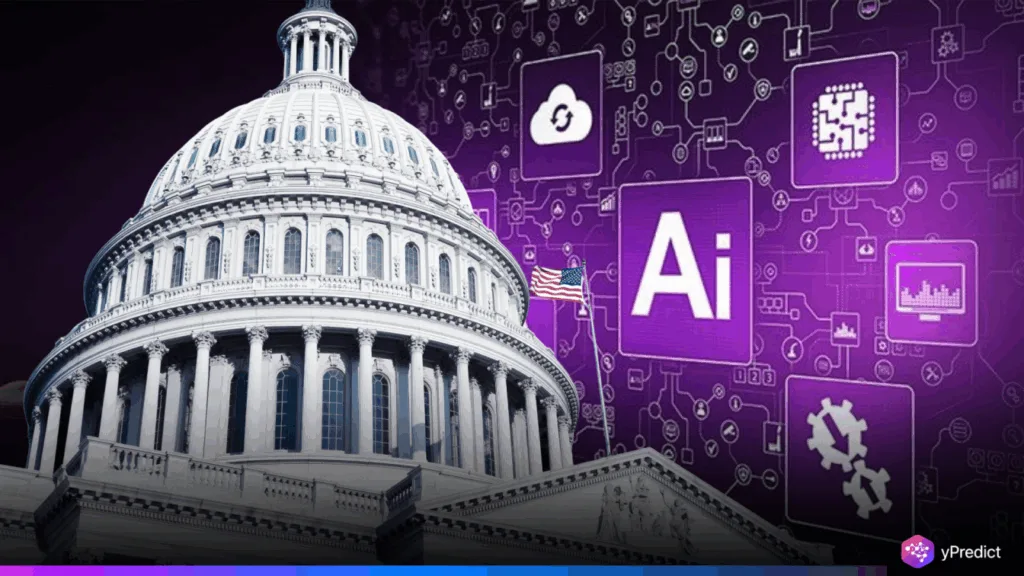
At a recent UC Berkeley panel on decentralized AI, two provocative claims ignited discussion across the tech world. First: your data, like tweets, is practically worthless for training AI. Second, government censorship of AI hasn’t begun yet, but it’s coming fast, and decentralized AI could be the only defense. Such concepts break the assumptions that dominate society on data ownership and freedom of expression in the 21st century. The development of AI is also moving strongly towards synthetic data, and regulatory frameworks are tightening. Researchers at Los Angeles-based universities such as UC Berkeley are asking questions about how decentralized architectures can serve to maintain innovation, transparency, and civil liberties in an increasingly centralized AI environment.
Synthetic Data Surges Ahead While Personal Data Loses Value in AI
Researchers at UC Berkeley, as in much of the AI community, are today less interested in actual data about real-world users and more in synthetic versions of it. Because personal data, including tweets, social posts, or browsing history, is usually untidy and biased and has at its core a host of privacy concerns. Although traditionally this data has been used in their training, the next-generation models cannot be trained using data at this scale without proper quality. On the contrary, synthetic data can be refined to be precise, safe, and representative.
A 2022 MIT study showed that synthetic datasets actually outperformed real ones in classifying human actions, especially in robotics and surveillance. Forbes and Nature have since reported on its benefits in scenarios with sensitive data, like finance or health care. For researchers at UC Berkeley, this shift is also about reducing reliance on tech giants and reclaiming ethical AI practices.
UC Berkeley’s AI ethics working group argues that synthetic data provides a legal and scalable foundation under regulations like GDPR. Unlike personal data, it avoids ownership disputes and privacy breaches. The takeaway is clear: the dream of profiting off your data is likely over. The real economic and scientific value now lies in creating high-quality, privacy-respecting synthetic datasets, many of which are being piloted at UC Berkeley’s AI labs.
UC Berkeley Panel Warns of Looming AI Censorship and Centralization Risks
During the August 8, 2025, UC Berkeley panel on decentralized AI, speakers emphasized that government censorship is not a future threat; it’s an emerging reality. Drawing parallels to Bitcoin’s rise amid financial surveillance, they argued that AI will soon face similar pressure. Governments are already mandating AI-based moderation, according to Freedom House, and using models to suppress political dissent in countries like China, India, and Venezuela.
UC Berkeley’s Center for Responsible AI highlighted how centralized control over models, training data, and compute infrastructure could make it easier for authorities to shape narratives. A 2024 report from the House Judiciary Committee warned of regulatory overreach masquerading as bias mitigation or misinformation control, risks echoed by several Berkeley-affiliated speakers.
To counter this, UC Berkeley researchers advocate for decentralized AI. This includes open-source models, distributed compute networks, and user-controlled moderation tools. While these systems remain experimental, they echo the ethos of decentralization that made Bitcoin resilient to censorship.
Still, challenges remain. As several experts at UC Berkeley noted, AI is far more complex than financial systems. Building a censorship-resistant AI requires infrastructure and adoption that don’t yet exist. But if censorship escalates, as predicted, decentralized AI, shaped in part by UC Berkeley’s thought leadership, could become essential.
UC Berkeley’s Perspective on AI’s Ethical Fork in the Road
From dismissing personal data’s economic value to warning of government overreach, the institution continues to lead critical conversations. With synthetic data emerging as the new fuel for AI and censorship concerns growing, UC Berkeley researchers argue that decentralization isn’t just a technical choice; it’s a moral stance. If AI is to remain open, innovative, and rights-respecting, the frameworks developed at places like UC Berkeley may offer the best defense against a future dominated by surveillance and centralized control.






